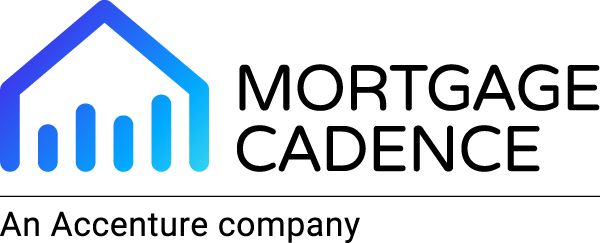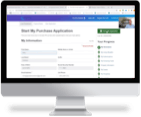We’ve written in this space before about how more mortgage lenders are adding reverse mortgage loans to their product menus. It makes sense for a number of reasons.
First, lenders need more loan volume, and every day another 10,000 Americans cross the threshold and qualify for a reverse mortgage. 62 years old for FHA’s HECM and 55 years old for proprietary reverse mortgages.
Second, the fact that today’s next-generation mortgage loan origination software can originate a compliant reverse mortgage as easily as a forward mortgage loan, makes it easy for lenders to offer it.
Finally, offering a loan product that will win the loyalty of an entire family of potential borrowers is very attractive, especially in this market.
A key to success is that lenders consult with their compliance team to ensure that they adhere to marketing guidelines and thereby avoid any unnecessary headline risk.
A high value market segment
Seniors, or older adults aged 65 and above, represent a valuable market segment in the United States and for that reason they get more solicitations through the U.S. mail than any other demographic. Of course, some of the youngest Americans don’t even own a mailbox, so competition is somewhat limited.
There are several reasons that marketers are very eager to get the attention of American seniors, including the fact that there are more of them every year. By 2030, it's estimated that one in every five Americans will be 65 or older. This demographic shift has significant implications for industries that serve older adults, including healthcare, finance, and consumer goods.
This group also has access to more disposable income than younger age groups, as they have had more time to accumulate wealth and may be living off retirement savings or pensions. According to the U.S. Bureau of Labor Statistics, households headed by someone aged 65 or older spent an average of $50,860 per year in 2019, with the highest spending on housing, healthcare, and transportation.
Finally, if a marketer can get business from a senior, they are likely to get business from that person’s family members as well. Seniors often have significant influence on the purchasing decisions of their family members, including adult children and grandchildren.
This makes them an important market segment for industries that target multi-generational households. Which means they get targeted, a lot.
A class of consumer with special protections
As a large and growing demographic with unique vulnerabilities, senior citizens need protection from some of the companies that want to sell to them. There are several reasons for this.
Seniors may be more vulnerable to financial exploitation or fraud, which makes them a prime target for scams or high-pressure sales tactics that can lead to financial harm.
Many seniors may have health-related vulnerabilities that can make them more susceptible to deceptive or false health claims, such as products that promise to cure or prevent diseases. This can put seniors at risk of wasting their money or even causing harm to their health.
Seniors may also be more socially isolated, which can make them more vulnerable to scams or deceptive sales tactics. Without a network of trusted family or friends to rely on, seniors may be more likely to fall for scams or make poor purchasing decisions.
To address these vulnerabilities, the Federal Trade Commission (FTC) has taken steps to provide special protections for seniors. For example, the FTC's Consumer Sentinel Network tracks and analyzes consumer complaints, including those related to fraud or scams targeting seniors.
No lender wants to end up on a list like this.
Being a trustworthy source for older homeowners
Lenders must be careful to put out only accurate and fully compliant marketing material. This is no different than other business lines the lender may engage in, but the oversight may be different. Not every regulator who acts as a guardian to older homeowners understands the mortgage business.
The reverse mortgage industry has done a good job of publishing compliant marketing and being a good source of reliable, accurate, and trustworthy reverse mortgage information.. As more lenders move into offering reverse mortgage products, it’s important that they take a similar level of care for the benefit of their reputations.
Fortunately, there are many sources of compliance training that will allow lenders to bring their entire teams up to speed on reverse mortgage products. Our own experience as a technology provider to the nation’s largest reverse mortgage lenders qualifies our team to advise lenders. Reach out to us about adding reverse mortgage products to your loan offerings.
George Morales, Reverse Mortgage Product Manager at Mortgage Cadence
Want more?
Follow us on LinkedIn to be notified when our next article is released.
Media Contacts
Mortgage Cadence:
Alison Flaig
VP, Marketing
(919) 906-9738



